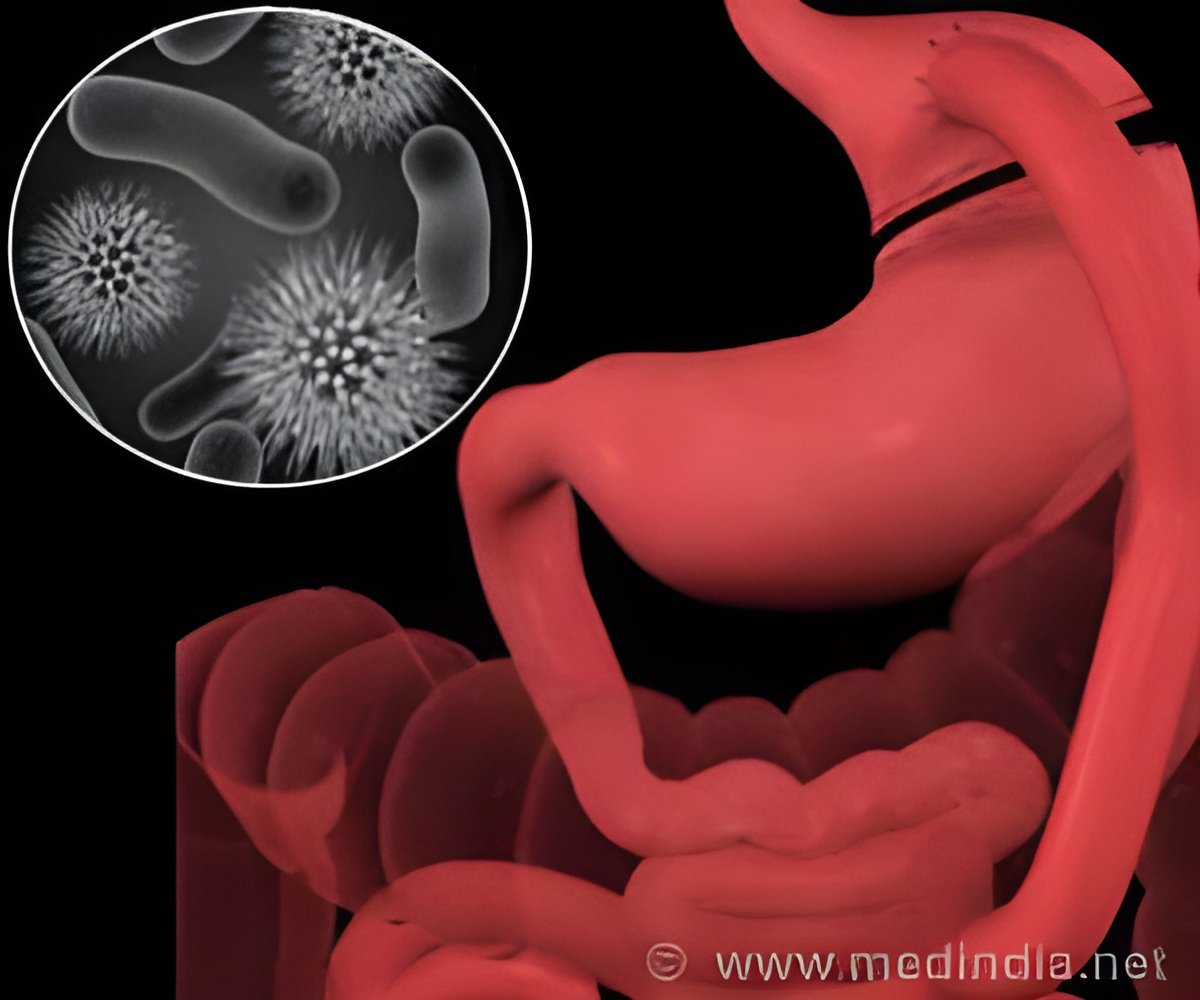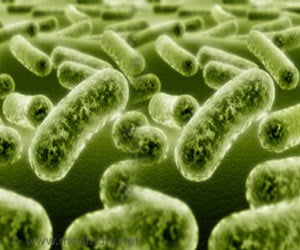Immune system's ability to kill a major respiratory pathogen, Klebsiella pneumoniae, is boosted by the signals from bacteria that harmlessly inhabit the human gastroinstestinal tract.

"Numerous studies have shown that changes in the composition of the bacterial groups which colonize our gastrointestinal tract are linked to numerous systemic diseases and conditions outside of the intestine," says Clarke, describing the rationale for this research. "What has often been missing is a mechanistic understanding of how these bacteria can actively shape the physiology of their host, and this is what I wanted to address. I was interested in finding out how commensal bacteria help protect us from infection by pathogenic bacteria."
"Alveolar macrophages are the lungs' first line of defense against bacterial infection," says Clarke. "I found that the production of reactive oxygen molecules by these cells was enhanced by these signals from the commensal bacteria."
Reactive oxygen molecules are highly toxic molecules produced by our immune systems to kill bacteria and help protect against infection, but they can also cause collateral damage to our tissues, says Clarke. This means their production must be tightly regulated, in order to kill bacteria without doing major damage to lung tissue.
"This work shows that signals from commensal bacteria are part of this regulation and help establish the appropriate level of immune activation," says Clarke.
Recent studies by others had shown that changes in the composition of the gut bacteria cause changes in the alveolar macrophages that boost allergic inflammation in the airway, indicating that alterations of the commensal bacteria could result in immune response gone awry.
Advertisement
In order to determine exactly what component of the commensal bacteria was needed to boost this immune response, Clarke gave the antibiotic-treated mice a series of different highly conserved compounds from bacteria, one at a time. He found that one particular compound, a major component of the bacterial cell wall, called peptidoglycan, boosted the immune response of these microbially-impoverished mice. Peptidoglycan is found in just about all bacteria, including commensals.
Advertisement
Source-Eurekalert















